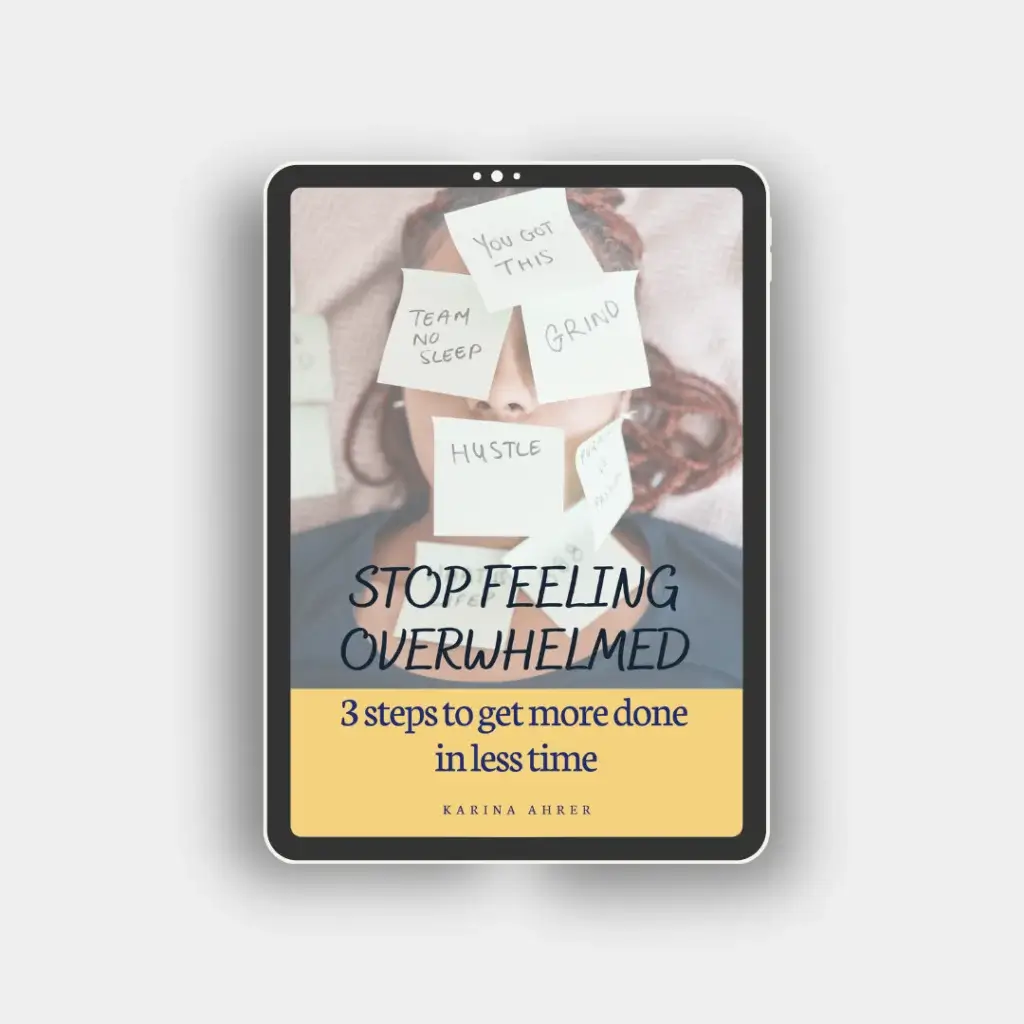It sucks feeling miserable but you can get out of it too
Are you feeling like you’re stuck in a rut and not getting anywhere in life?
I’ve been there. It sucks.
In 2017 I got stuck. I went to college for 3 years to get a job as a programmer, and after only a few months I was miserable. I had a quarter-life crisis.
I felt useless because the project we worked on was unnecessary and I also didn’t have much to do the whole week.
Sitting 40 hours a week in an office and doing nothing.
It’s hard not to feel miserable.
I had what they call a quarter-life crisis.
Here are the 3 steps I did and you can take to get yourself out of this misery to get back on the path to the life you want:
1) Question Everything
Knowing that I didn’t want to continue the life I had I needed to find other paths and goals I wanted to achieve.
I read a lot online about self-improvement, finding goals, and myself these days.
I went back to the happy days of my childhood and questioned the decisions I made to be in the situation and society.
- When did I start feeling miserable?
- What did I do as a child that made me happy?
- What did I do only to follow the rules of society?
- Why did I make those decisions?
- What makes me miserable and how can I cut it out of my life?
- What are the good things/people in my life?
- What am I fascinated by?
Think about them.
Start answering the questions. You don’t have to have all the answers today.
Let them sink in for a few days or months.
Whatever comes to your mind questioning your life can help you figure out your goals.
There is no right or wrong answer. This is your life and those are your thoughts.
Accept them!
Don’t compare yourself with others!
And don’t think “you have to do” something because society or your parents tell you to!
Question those thoughts!
2) Set New Goals and Values
Answering the questions above can be a mess. Your mind will be confused by all those questions and new opinions.
Start organizing.
Try to identify things you want to do, have, or achieve.
These are your goals.
Then you should break those goals down into smaller subgoals.
For example:
I found that I wanted to become an architect. I googled what I needed to do first: study architecture. So my first subgoal was to check out the universities and to inscribe for one.
If you want to have a big social media following, you need to set a subgoal for your first 100 followers.
If you want to build a business, you need to have subgoals for market research and creating an offer.
Why do we break down goals?
Because if our goals are too big, they may seem unrealistic to our brains. And that’s when procrastination kicks in because we are overwhelmed and don’t know where to start.
Trust me I’ve been there.
Break it down into small goals you can achieve in a day. And then consistently work on those every day.
3) Create a Plan
Now that you know what you want, it’s time to figure out how you’re going to get there.
You don’t need to know every single step of the way to your goal. I know I didn’t.
All you need is enough of a plan to get started. To conquer your procrastination.
Let’s just do a little research on the internet to make a plan for the first steps. I’m 100% sure there is someone who already did it and wrote about it online.
Back then I found a website about studying architecture. I read everything I need to know, and then I did my own research:
- universities in Vienna
- when they have open days
- when the registration starts and what the requirements are
- classes I will take there
I asked people at study fairs and at the open days. There’s no shame in asking for help, and people are happy to help.
Start small and take consistent steps over time.
You don’t have to do everything in one day. Take the time and stick to your plan.
If your pain in the present situation is bad enough, you will have the motivation to stick with the steps to your goal.
I love planning but we have to keep in mind that life happens too. And you have to give yourself some freedom to explore.
I am studying architecture, but I also volunteer in a student organization and it kept me to some extent from studying faster.
But it also helped me improve needed skills much faster through practical experience. It will help me in the long run to get a better job after my Master’s and I will do a better job then.
Consistently sticking to a goal can be exhausting or boring sometimes.
I had my ups and downs, but I didn’t give up because I saw everything as an opportunity to grow.
Even though I failed a course, I knew I would have the chance to improve and succeed the next time. And it was a huge success the second time.
Celebrate the small bits of progress along the way.
Not the goal is your life, but the path to get there. You have to find happiness along the way.
I celebrated every semester I finished and every project I could add to my portfolio.
Conclusion
Back then I didn’t have a step-by-step plan to follow to get out of my crisis. But I knew what I didn’t want, and figured out what I wanted.
I knew the first steps I had to take and I just started and trusted that the rest will come with time.
For sure, people thought I was stupid and weird.
But I didn’t care about it anymore because being unproductive every day and then crying after work was not worth it.
I took the risk to change my life because I didn’t want to feel miserable anymore.
It takes some courage to change my profession but at some point, everything was better than staying where I was.
Sometimes I question if it was worth it to change. I could be a well-paid IT project manager now, but then I would have had a lot of struggles too and I’m not sure if I would be happy.
Now at this moment, I’m happy despite all the ups and downs that happened.
Take those tips and find your own path out of your crisis and into happiness.
Less Stress. More Time. Less Overwhelmed!
Get your free copy of my 3 steps!

Get daily insights, motivation, and inspiration:
If you are as addicted as I am to reading books, check out my favorite books!




